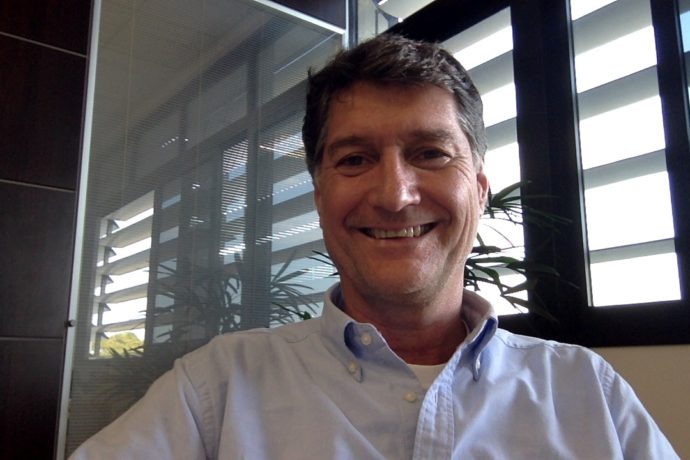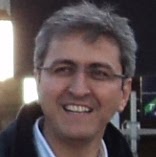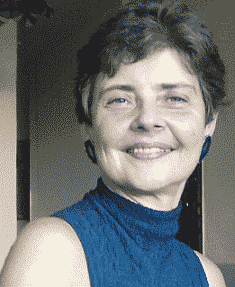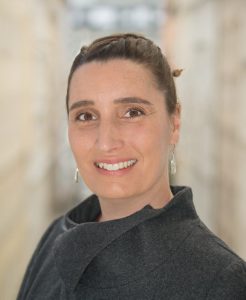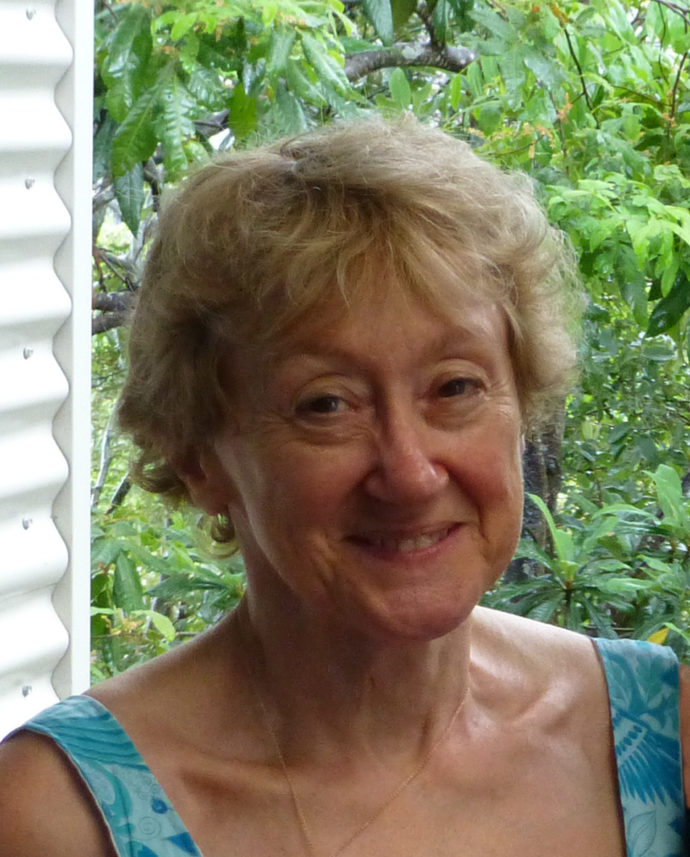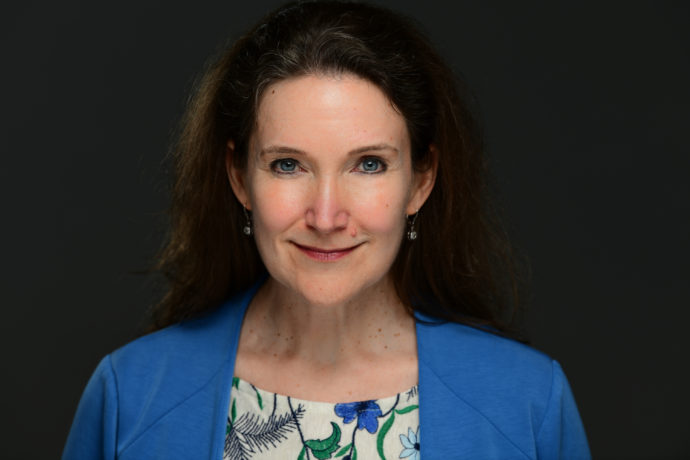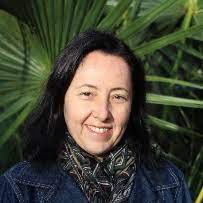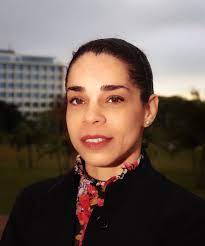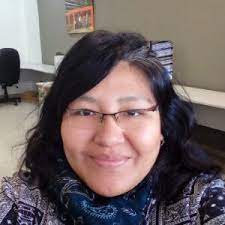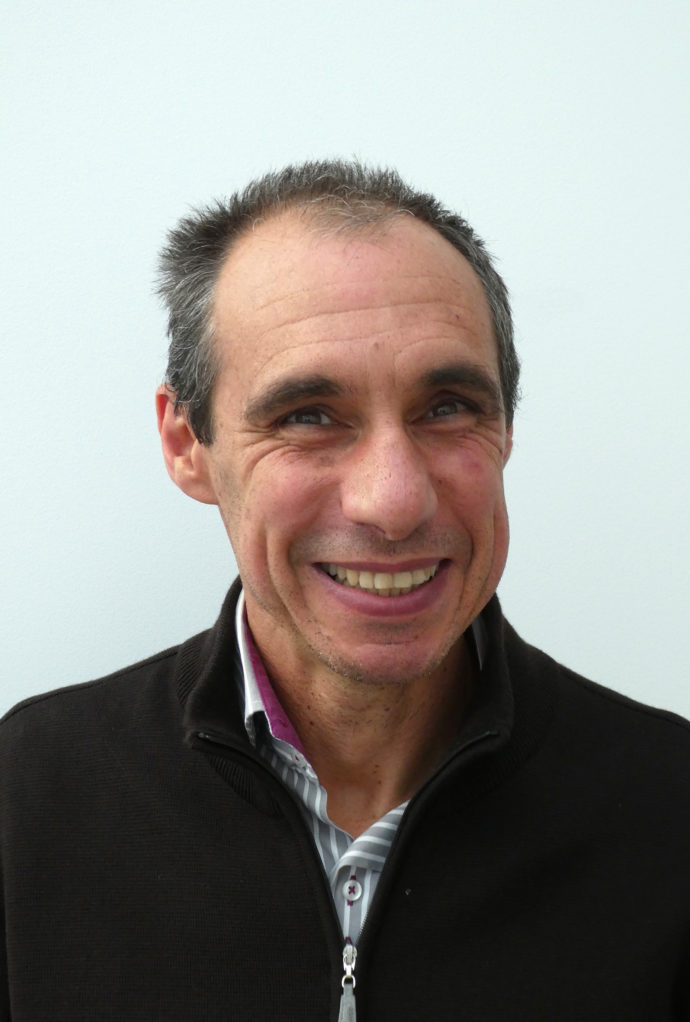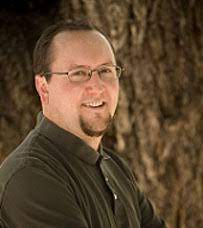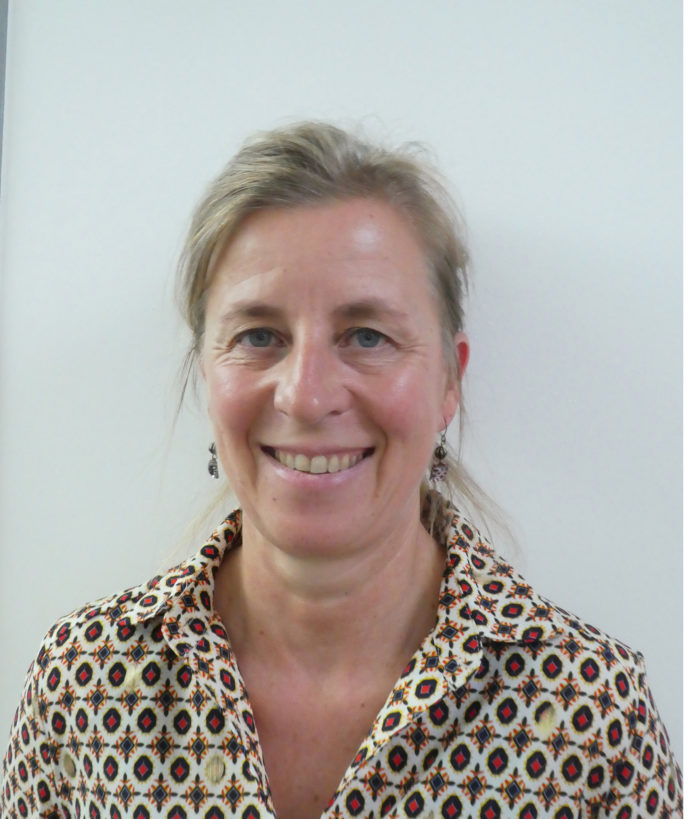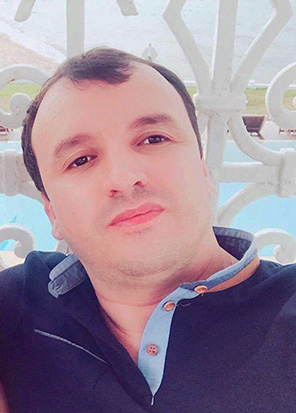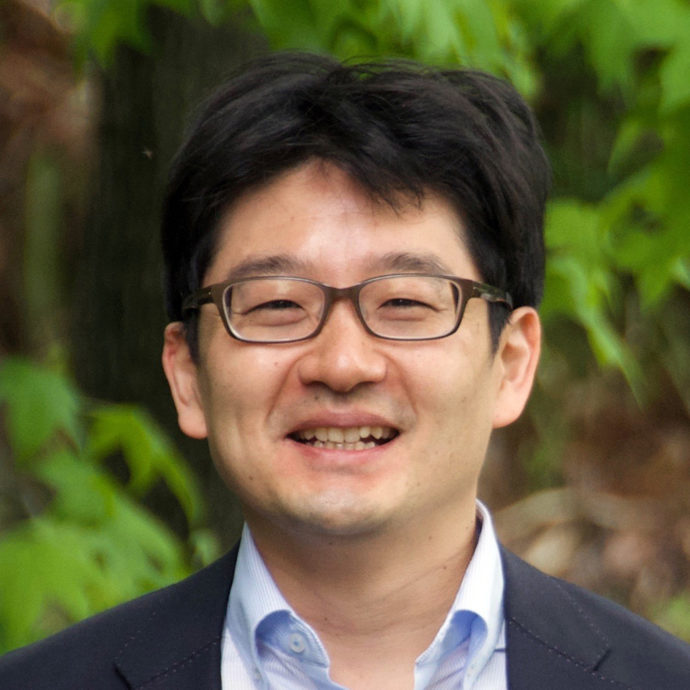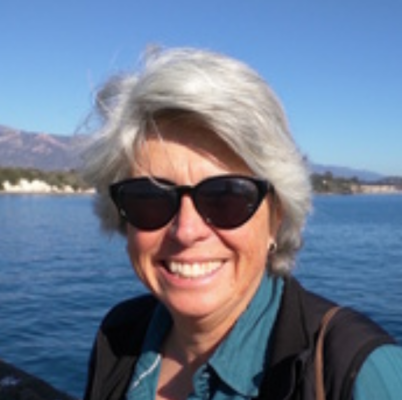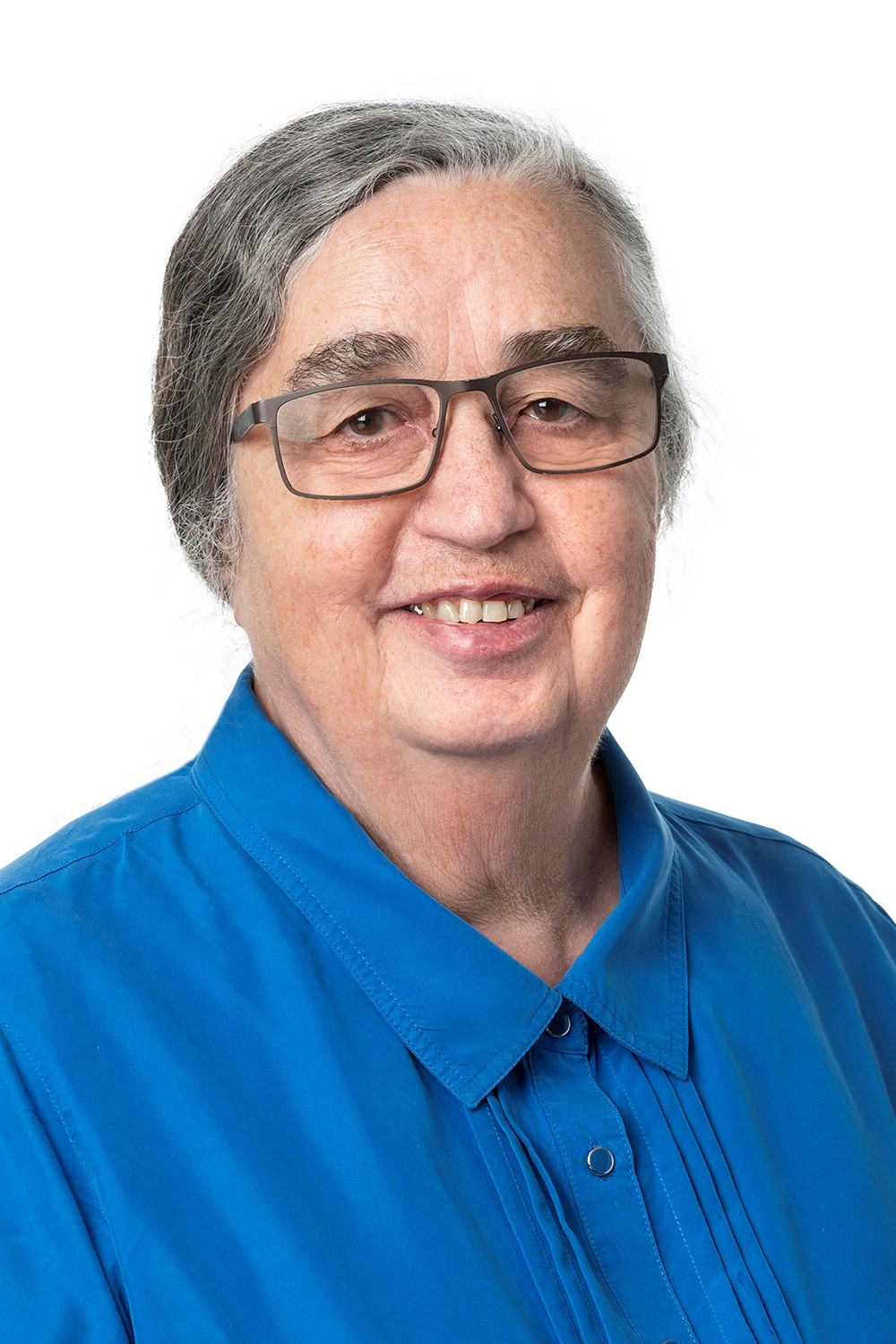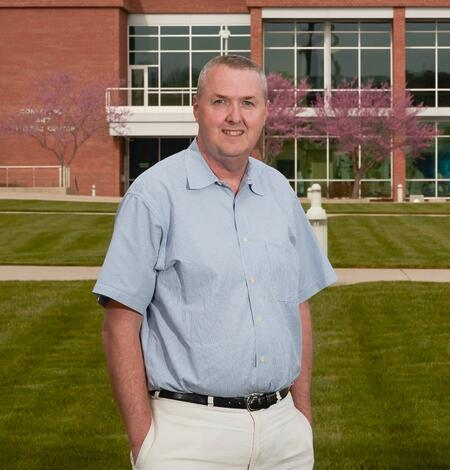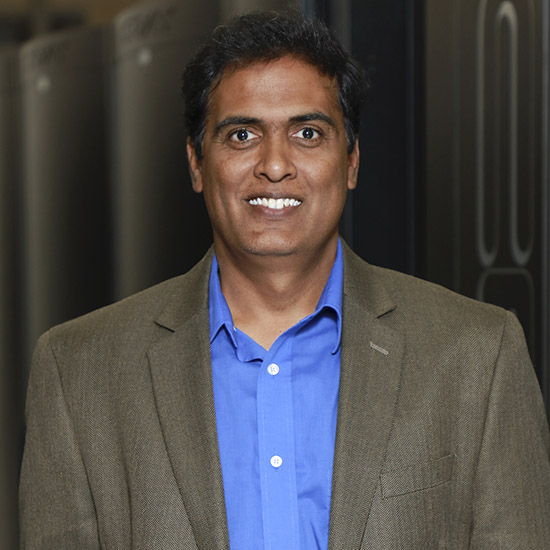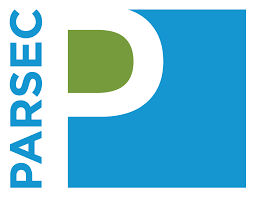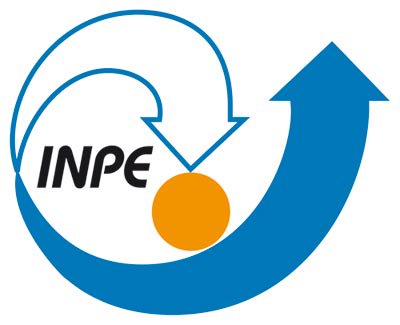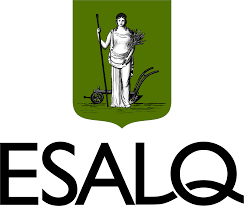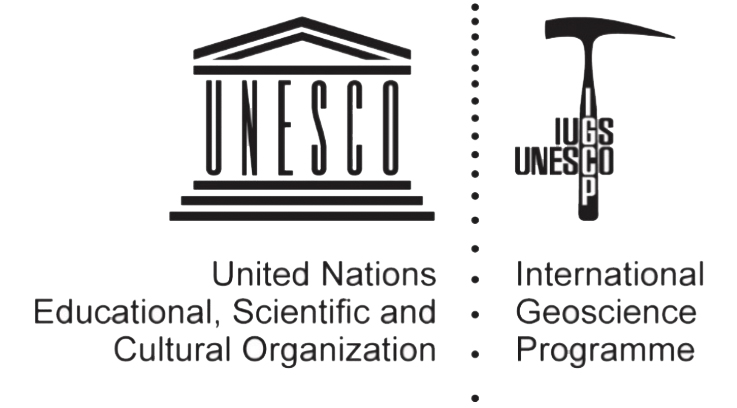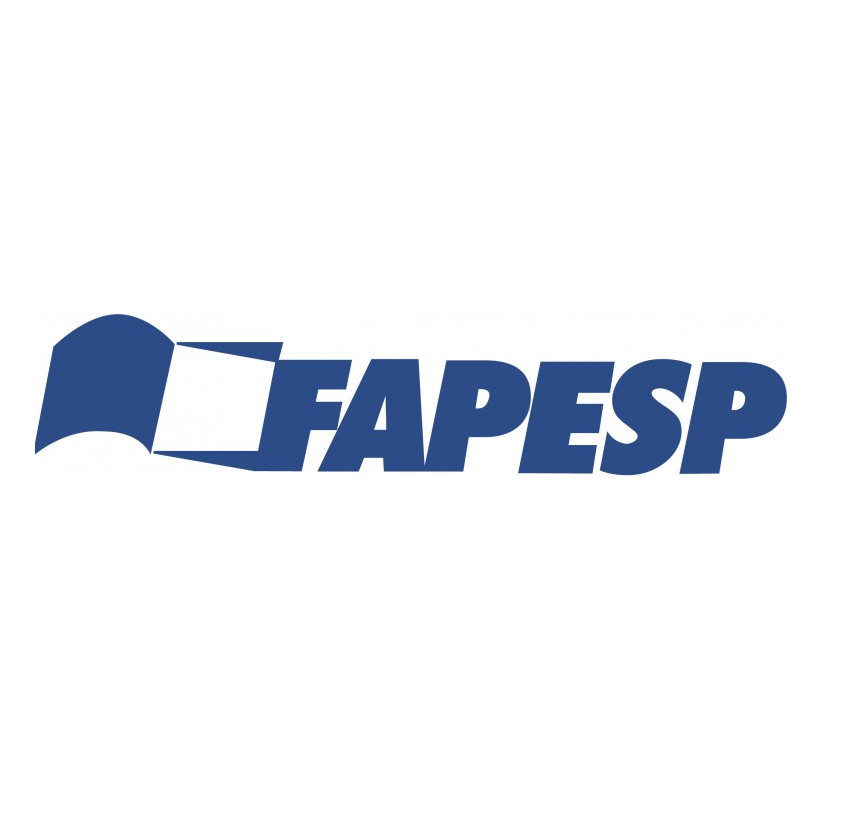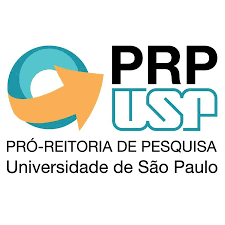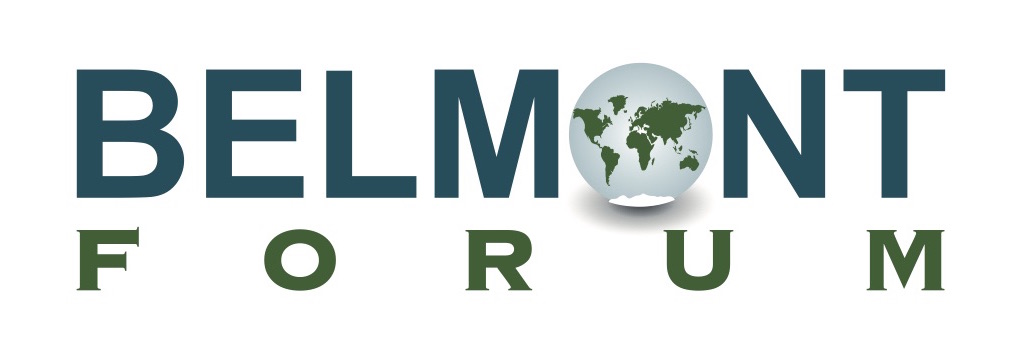Preliminary agenda
Monday, October 03rd - Open Session
Open Session for all interested communities (Lectures and round tables)
This session will introduce the PARSEC/BELMONT/FAPESP project, challenges and partial results.
| Time | Theme | Speakers |
| 7:30 a.m | Registration | Distribution of Badges. |
| 8:30 a.m | Welcome |
Nicole Arbour (Belmont Forum Executive Director)
Prof. Reinaldo Giudici (EPUSP Head) Prof. Jaime Simão Sichman (President Research Committee/EPUSP and Head of Department of Computer Engineering - PCS/EPUSP). |
| 9:00 a.m | Symposium, Workshop Overview and logistics |
Alison Specht (University of Queensland - Australia),
Shelley Stall (American Geophysical Union - AGU) and Pedro Luiz Pizzigatti Corrêa (Escola Politécnica da USP – EPUSP) - POLI-USP |
| 9:20 a.m | Round table – Challenges for Science-Driven e-Infrastructures Innovation (SEI) for the Enhancement of transnational, interdisciplinary, and transdisciplinary data use in environmental change research: the PARSEC brief |
Panelists: Nicole Arbour - Belmont Forum Executive Director Claudia Bauzer Medeiros - FAPESP/Brazil Jean Ometto - Instituto Nacional de Pesquisas Espaciais – INPE Lesley Wyborn (NCI and ANU) Abel L. Packer (SciELO) Bianca Amaro (Coordenação-Geral de Pesquisa e Manutenção de Produtos Consolidados – CGPC Instituto Brasileiro de Informação em Ciência e Tecnologia) |
| 10:00 a.m | Break | |
| 10:30 a.m | Discussions continue | |
| 12:30 a.m | Lunch time | |
| 1:30 p.m | Keynote 1 - PARSEC Introduction | Alison Specht - University of Queensland - Australia |
| 2:30 p.m | Keynote 2 - Synthesis Science, the PARSEC Approach | David Mouillot Université de Montpellier Rodolphe Devillers French National Institute of Research for Sustainable Development - IRD |
| 3:30 p.m | Break | |
| 4:00 p.m | Keynotes 3 - Open Science, Open Data, the PARSEC Approach | Shelley Stall American Geophysical Union - AGU Laurence Mabile University of Toulouse III Solange Santos Scientific Electronic Library Online - SciELO |
| 5:00 p.m | Day Closing | Pedro Luiz Pizzigatti Corrêa - EPUSP |
Tuesday, October 04th - Open Session
Local: Escola Politécnica da Universidade de São Paulo (EPUSP) – Main office auditorium in the main building of EPUSP at campus of São Paulo, Universidade de São Paulo – USP.
| Time | Theme | Speakers |
| 8:30 a.m | Open Session: Poster Exhibit | Grad, undergrad students and postdoc researchers |
| 10:00 a.m | Break | |
| 10:30 a.m | eLightning Poster Presentations and Judging | (Preselected speakers) |
| 12:30 p.m | Lunch time | |
| 1:30 p.m | PARSEC Scientific results: PARSEC Methodology and Study Cases | David Mouillot and Ali Ben Abbes (Fondation for Research on Biodiversity); |
| 2:30 p.m | Research foci (15 minutes each) |
Yasuhisa Kondo (Research Institute for Humanity and Nature:RIHN) Pedro Luiz Pizzigatti Corrêa (Escola Politécnica da USP) Alison Specht (University of Queensland) Jamie Trammell (Southern Oregon University) and Jeffrey Evans (The Nature Conservancy) |
| 3:30 p.m | Break | |
| 4:00 p.m | Reproducibility of PARSEC experiments: Workflow, Data Sets and Software Environment |
PARSEC team members: World Database of Protected Areas |
| 5:00 p.m | Day Closing |
Wednesday, October 05th - Open Session
Much of the day will be split into two, with the synthesis strand people working on their papers until 15:30 h. The Data Strand people will engage with the audience in promoting the dissemination of the techniques and tools of the PARSEC project.
LocalEscola Politécnica da Universidade de São Paulo (EPUSP) – Main office auditorium in the main building of EPUSP at campus of São Paulo, Universidade de São Paulo – USP.
| Time | Theme | Speakers |
| 8:30 a.m | Hands on and training How to prepare a DDOMP | Shelley Stall (American Geophysical Union - AGU) |
| 9:00 a.m | Processes and pathways to disseminate science for wide and efficient reuse | Romain David (ERINHA, EOSC Life) |
| 9:30 a.m | The "spectrum of data repositories" | Margaret O’Brien (University of California) |
| 10:00 a.m | The value of controlled vocabularies for data understanding and re-use | Margaret O’Brien (University of California) |
| 10:30 a.m | Morning Tea | |
| 11:00 a.m | Linking digital objects with Data Cite and ORCID |
Ana Heredia (ORCID) |
| 11:45 a.m | Introduction to international open science organizations: RDA and ESIP |
Lesley Wyborn (Australian National University) |
| 12:30 p.m | Lunch time | |
| 1:30 p.m | Deep Learning for image analysis | Jeaneth Machicao (Escola Politécnica da USP) and
Ali Ben Abbes (Foundation for Research on Biodiversity) |
| 3:00 p.m | Close Session |
Thursday, October 06th - Open Session
LocalEscola Politécnica da Universidade de São Paulo (EPUSP) – Main office auditorium in the main building of EPUSP at campus of São Paulo, Universidade de São Paulo – USP.
| Time | Theme | Speakers |
| 8:30 a.m | Session introduction: collaboration with other FAPESP initiatives such as NEXUS, the Research Center for Gas Innovation (RCGI), ORNL and the USGS. | |
| 9:00 a.m | NEXUS FAPESP project – Challenges and opportunities related with study of socioeconomic indicators in NEXUS area in Brazil | Jean Ometto (Instituto Nacional de Pesquisas Espaciais – INPE) |
| 09:45 a.m | Data center of Aerosol Research Measurement. Amazon carbon project. | Giri Prakash (Oak Ridge National Laboratory – ORNL) |
| 10:30 a.m | Break | |
| 10:45 a.m | United States Geological Survey Data Management, Data Management and Analysis of Protect Areas in US |
Mike Frame (United States Geological Survey – USGS) |
| 11:30 a.m | Discussion (round table), Q & A, and closure of Symposium |
